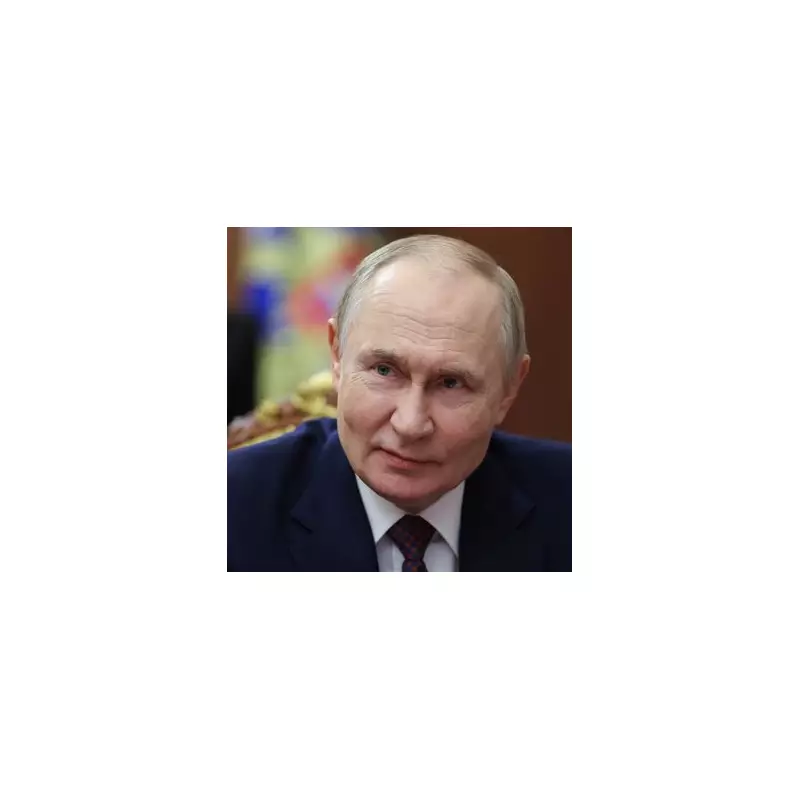
Senior Research Fellow at RUSI, Emily Ferris, has issued a stark warning, stating that Russia effectively considers itself to be at war with NATO allies. While this has not yet escalated into direct military confrontation, the Kremlin is actively allocating significant finances and personnel to test the Alliance's defences.
Probing Attacks and Parallel War
The Kremlin's strategy involves conducting probing attacks against NATO to identify its vulnerabilities and ascertain where the alliance's red lines are drawn. This has resulted in what Ferris describes as an 'almost parallel war' being waged by Russia in Europe, far from the frontlines in Ukraine.
Attacks attributed to Russia include sabotage on Polish railway lines and attempts to disrupt undersea cables in the Baltic Sea. Furthermore, the GRU, Russia's military intelligence agency, is running an increasingly aggressive and risky campaign aimed at NATO supply chains and logistics. The primary goal is to hobble the military and political support being provided to Ukraine.
Strategic Aims and Deniable Tactics
According to the analysis, the Kremlin has several clear objectives. These include increasing the costs for NATO of supporting Ukraine, causing temporary disruptions to supply chains, and fostering a broader sense of discord and instability across the West.
A key feature of these operations is Russia's use of third-party proxies, often recruited via social media. This approach provides the Kremlin with a valuable degree of deniability and flexibility, making it difficult for Western nations to definitively attribute attacks. Crucially, Russia's actions have been carefully calibrated to stop short of any threshold that would trigger a direct military response from NATO.
The UK's Paradoxical Position and Future Risks
Despite the widespread nature of these sabotage attempts, they are not always masterfully coordinated. Their intensity does not consistently correlate with the level of military aid a country provides. For instance, while Germany, France, and Poland have faced numerous physical attacks, the UK has experienced relatively fewer, despite being one of Ukraine's most significant military and economic backers since 2022.
Defence Secretary John Healey has emphasised that this does not indicate a lack of Russian interest. Russia expends substantial intelligence resources on surveilling the UK, a point underscored by the recent incursion of the Yantar surveillance vessel into British waters.
A significant problem for Russian intelligence is that many of its European networks were disrupted in 2022 when approximately 400 diplomats suspected of links to the GRU were expelled. This has forced Russia to rely more heavily on local proxies, which carries risks and can reduce the coordination and effectiveness of its operations.
However, the report concludes with a sobering warning: Russia will learn and evolve from these challenges. The risk to non-military targets across Europe, including in the UK, remains very real and is likely to adapt in the future.





